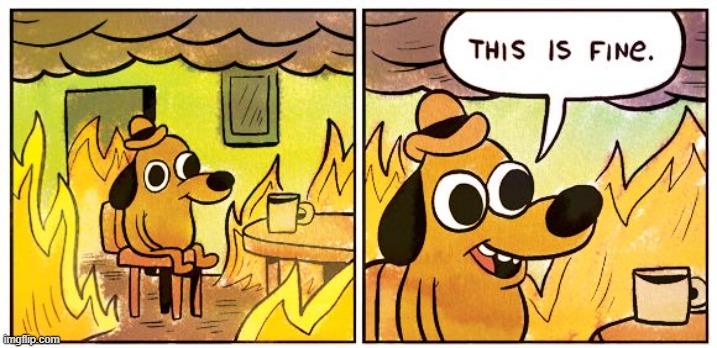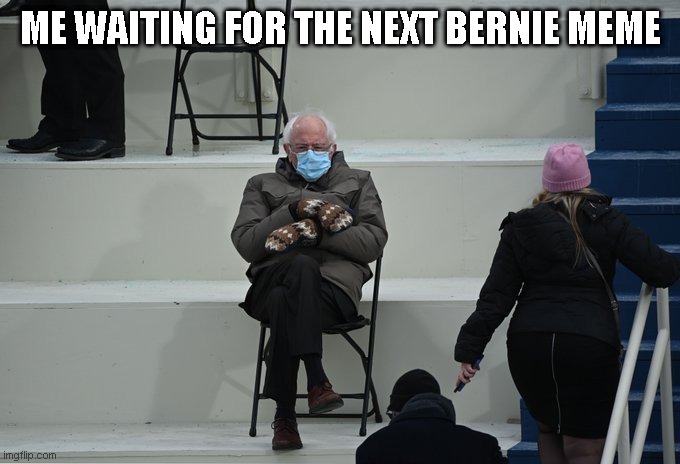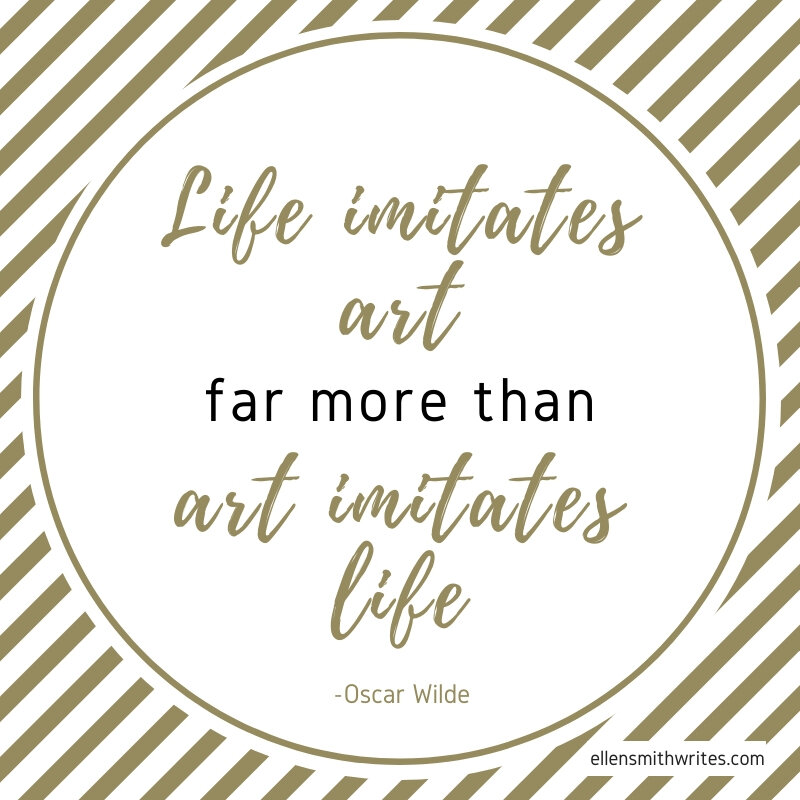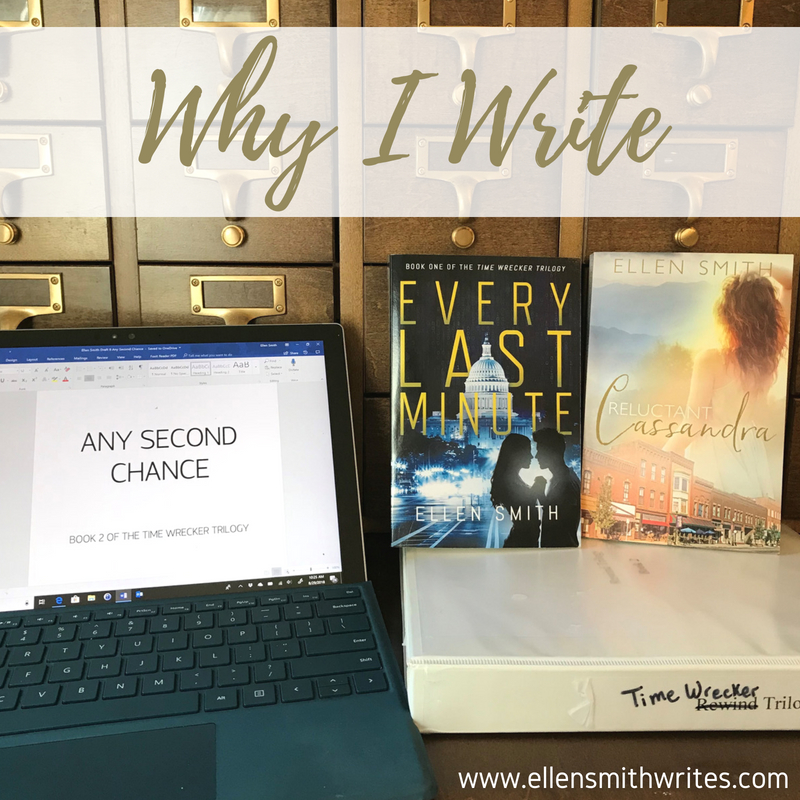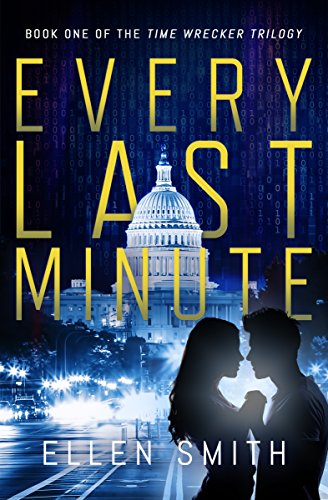The Gaithersburg Book Festival reminded me why I write. The next day, Zain Asher’s book discussion reminded me why I read.
Many writers are introverts. I am no exception. However, as much as I treasure my quiet time to read and write, some events in the bookish community are just too exciting to pass up. Last weekend, I was lucky enough to attend two back to back! After Saturday’s Gaithersburg Book Festival and Sunday’s book discussion with Zain Asher, I’ve never felt more fulfilled as a writer and a reader.
These are strong words for a woman who would happily make like Thoreau and hole up at Walden for years on end. But, as I was reminded this weekend, I don’t write or read to escape community. We share stories to engage with each other, to find out who we are and how we can lift each other up.
This is what I was thinking as I loaded up the trunk of my car in preparation for the Gaithersburg Book Festival. My goal as an exhibiting author isn’t necessarily to sell books—although I’m grateful that I did fairly well on that end. My primary goal is to build relationships. I hope to leave book festivals with the names of other local authors who want to collaborate and local readers who want to stay in touch.
Since Gaithersburg was my first in-person book festival since the release of Any Second Chance, I was finally able to share an activity that’s been on my mind since I began drafting the Time Wrecker Trilogy. I invited readers to join me in folding 1,000 origami cranes.
In Any Second Chance, Mara takes on this project herself in an effort to heal and, at the same time, reclaim her identity. Although Mara looks very much like her Japanese-American mother, she knows almost nothing about this part of her heritage. What Mara does know is primarily learned from books and movies, not from her family.
Although Mara’s particular circumstances and her need for healing is a work of fiction, the tradition of senbazuru (folding a thousand paper cranes) is very real. The Children’s Peace Monument in Hiroshima, Japan welcomes people from around the world to fold and donate cranes to demonstrate a wish for peace. I have set the goal to fold a thousand cranes to donate. As many do (including Mara in my book), I discovered early on that folding so many cranes requires dedication, persistence, and a bit of help along the way. I was so happy to finally experience this first hand at the Gaithersburg Book Festival.
IIt was really exciting to see how many passers-by stopped to fold a crane with me at the festival. Taking on this project gave us a chance to connect and, while we folded, many people shared their own stories. Instead of just talking about my books and trying to make a sale, I got the chance to talk about Sadako and the Thousand Paper Cranes by Eleanor Coe and the real Sadako Sasaki, who is represented by a statue on the top of the Peace Monument. I spoke to some people who had visited Hiroshima themselves and some who had never folded origami but always wanted to learn. I met people who wanted to share their experiences looking for books with characters who looked like them and about uncovering their own forgotten stories from family history.
Connections like this are exactly why I became a writer and why I write the stories I do. This is an activity I look forward to doing again at future book festivals, since folding a thousand cranes will be a long-running project!
Normally, an in-person event like the Gaithersburg Book Festival would be enough to tire this introvert out for, oh, a month or two. However, Jill from Happy Women Dinners reached out to me weeks ago to ask if I’d be interested in attending a brunch with Zain Asher to discuss her new memoir, Where the Children Take Us. Forget that the brunch was the very next day after the book festival—there was no way I was going to miss an opportunity like this! I pre-ordered Where the Children Take Us and—I’m not even kidding—when it arrived in the mail, I ripped open the package and read sixteen pages before I realized I was still standing in the doorway!
If the Gaithersburg Book Festival reminded me why I write, then the book discussion with Zain Asher reminded me why I read. Zain is as lovely and genuinely uplifting in person as she is in her memoir. The discussion began with a lovely reading from the first pages of her memoir. I have never lived in the places Zain describes in her memoir—everywhere from a village in Nigeria to a house in South London, from a private all-girls’ school to the CNN studio. I haven’t experienced many of the topics she explores, either. But the stories she shared tapped into the truths that we all hold just under the surface—the way we grieve and fear rejection, the way we hope for our future and draw strength from our families. The fact that we all experience ndi eji amatu, a phrase Zain translated as loosely meaning, “those who set the standard” or uplift those around them.
As the women around the room chatted over brunch and asked Zain questions about her memoir, I was struck by how her book had resonated with each of us. Because Zain shared her family’s story, we were able to share pieces of our own lives with each other. I never would have imagined the life stories that we all carried into that room. That’s why we read, isn’t it? To enter a world of someone else’s experience or creation, only to discover that we have a home there, too. It was an incredible thing to be in this community of readers. We had all entered Zain’s story and left it more connected to ourselves and each other.
Books are so often written alone, read alone, even pondered and reflected on alone. But when readers come together at a book festival or a book discussion, the stories we share draw us to each other, remind us of who we are and all that we can become. When the introverts among us go back to our solitary work, plugging away at our own stories, we get to carry those connections with us. It’s the community we’re writing for, after all.







